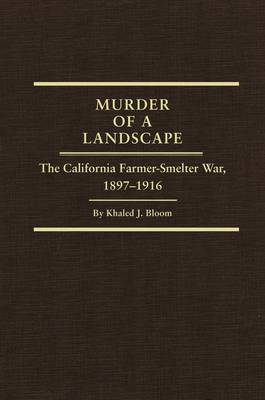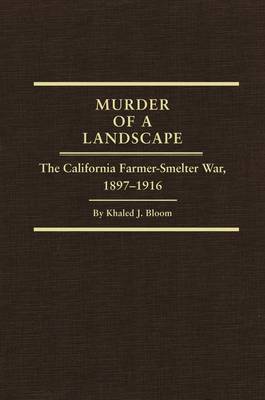
- Retrait gratuit dans votre magasin Club
- 7.000.000 titres dans notre catalogue
- Payer en toute sécurité
- Toujours un magasin près de chez vous
- Retrait gratuit dans votre magasin Club
- 7.000.000 titres dans notre catalogue
- Payer en toute sécurité
- Toujours un magasin près de chez vous
Description
This book traces the development of that environmental catastrophe and explains a long, complex, and rancorous struggle that involved several corporations, hundreds of farmers and ranchers, and all levels of government. In tackling this long-neglected story--one hardly known within or beyond California--Khaled J. Bloom takes readers back to the region of that time and shows how the copper industry posed serious environmental threats from the beginning. He tells of hardscrabble settlers and gentleman farmers who rose up repeatedly in unsuccessful efforts to either clean up or shut down the smelters.
What appears today as an environmental cause was really a struggle to save individual property and a way of life. Yet, as Bloom shows, the farmers never had a chance against wider public opinion and the many financial interests that benefited from copper production. Profit and power won out, and posterity was left with a mess. California still contends with the toxic legacy.
Murder of a Landscape tells the long-overlooked story of California's short-lived copper boom, presenting an interesting cross-section of society and attitudes in rural California during the Progressive Era. Offering the drama and pathos of a David-and-Goliath tale in which Goliath wins and strides on, the book makes compelling reading for anyone interested in the industrial, political, and environmental history of the American West.
Spécifications
Parties prenantes
- Auteur(s) :
- Editeur:
Contenu
- Nombre de pages :
- 233
- Langue:
- Anglais
- Collection :
- Tome:
- n° 24
Caractéristiques
- EAN:
- 9780870623967
- Date de parution :
- 28-05-10
- Format:
- Livre relié
- Format numérique:
- Genaaid
- Dimensions :
- 163 mm x 241 mm
- Poids :
- 566 g







